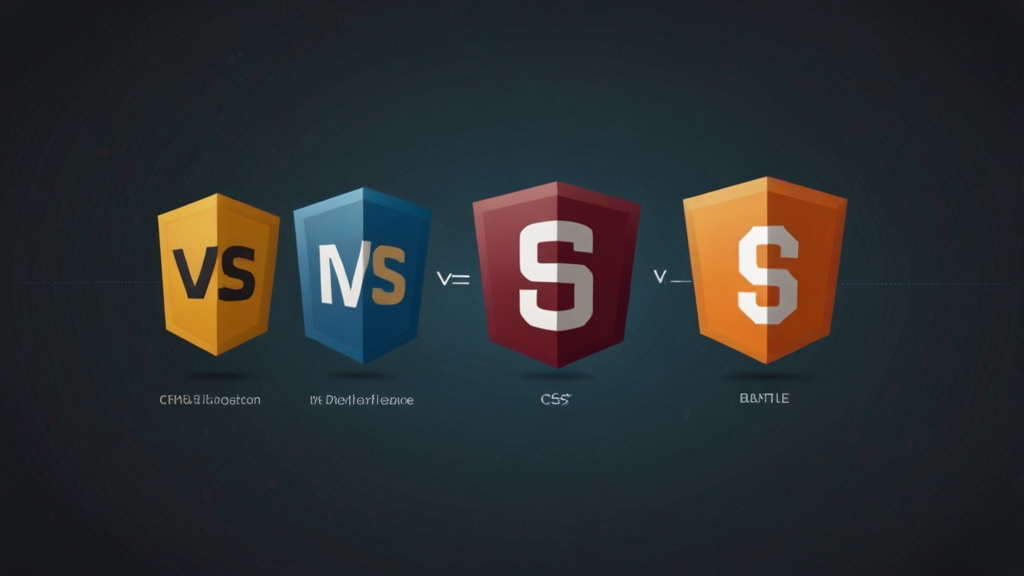Vietnam on Film: The Movies That Captured the War's Harsh Reality
The Vietnam War, a conflict that lasted from 1955 to 1975, remains one of the most contentious and impactful events in modern history. Its complexities, harrowing realities, and profound impact have been the subjects of numerous films, each aiming to capture the essence of what transpired on and off the battlefield. Here, we explore some of the most significant movies that boldly portrayed the war's often brutal and unvarnished reality.
Apocalypse Now (1979)
Directed by Francis Ford Coppola, "Apocalypse Now" is often considered one of the most powerful depictions of the Vietnam War. Loosely based on Joseph Conrad's novella "Heart of Darkness," the film follows Captain Benjamin L. Willard (Martin Sheen) on a mission to assassinate the renegade Colonel Walter E. Kurtz (Marlon Brando). The journey through the tangled jungles of Vietnam symbolizes a descent into the madness and moral ambiguity characteristic of the war itself.
"I love the smell of napalm in the morning. It smells like... victory." - Lieutenant Colonel Kilgore (Robert Duvall)
With stunning visuals, an evocative soundtrack, and intense performances, "Apocalypse Now" captures the chaotic and surreal nature of the Vietnam experience, making it a seminal work in war cinema.
Platoon (1986)
Directed by Oliver Stone, a Vietnam War veteran himself, "Platoon" is a more personal and grounded take on the conflict. The film recounts the story of Chris Taylor (Charlie Sheen), a young soldier who volunteers for combat duty and quickly finds himself in a nightmarish crucible. The movie showcases the internal and external battles faced by soldiers, from the moral dilemmas to the sheer brutality of jungle warfare.
"We did not fight the enemy; we fought ourselves. And the enemy was in us." - Chris Taylor (Charlie Sheen)
"Platoon" won four Academy Awards, including Best Picture, and is praised for its unflinching authenticity, largely drawn from Stone’s own wartime experiences. The film’s portrayal of camaraderie, fear, and the divisive nature of combat continues to resonate with audiences.
Full Metal Jacket (1987)
Stanley Kubrick’s "Full Metal Jacket" breaks the Vietnam War into two distinct experiences: the dehumanizing process of boot camp and the harrowing chaos of urban combat. The first half of the film focuses on the rigorous and often cruel training that recruits undergo, led by the iconic figure of Gunnery Sergeant Hartman (R. Lee Ermey).
The second half transports viewers to the Tet Offensive, revealing the psychological and moral degradation that comes with war. Joker (Matthew Modine), a cynical journalist turned soldier, embodies the duality of man, struggling to reconcile his role in the violence around him.
Casualties of War (1989)
Based on a true story, "Casualties of War" directed by Brian De Palma, examines the dark side of human nature and the moral complexities of warfare. The film follows Max Eriksson (Michael J. Fox) as he grapples with the complicity and consequences of a heinous crime committed by his fellow soldiers, led by the ruthless Sergeant Tony Meserve (Sean Penn).
De Palma’s intense direction and the powerful performances of the cast highlight the horrifying impacts of war on both victims and perpetrators, asking poignant questions about morality and justice amidst chaos.
Born on the Fourth of July (1989)
Another Oliver Stone film, "Born on the Fourth of July" tells the true story of Ron Kovic (Tom Cruise), a paralyzed Vietnam War veteran who becomes a prominent anti-war activist. The movie chronicles Kovic’s transformation from a fervent patriot to a disillusioned crusader for peace, capturing the war’s devastating personal and societal consequences.
"People say that if you don't love America, then get the hell out. Well, I love America." - Ron Kovic (Tom Cruise)
The film’s portrayal of Kovic’s struggle to reclaim his humanity and his fight for veterans' rights underscores the long-lasting scars that war leaves on individuals and society.
Conclusion
These films offer diverse and profound perspectives on the Vietnam War, each contributing to a broader understanding of its harsh and multifaceted reality. Through powerful storytelling, compelling characters, and haunting imagery, they ensure that the lessons and legacies of Vietnam are not forgotten, reminding us of the enduring human cost of conflict.










